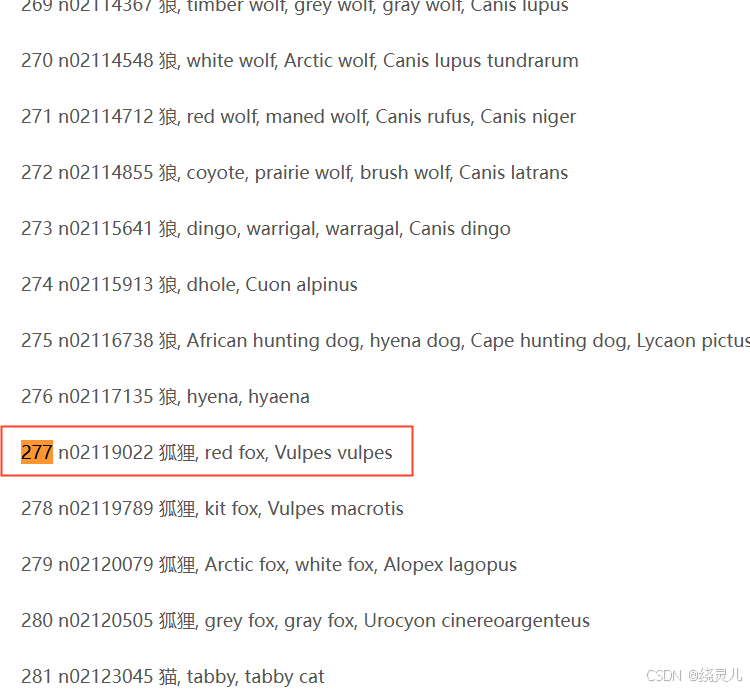说明
最近在研究分类模型如何部署C++,先拿Resnet50 来练一练手,文章将 分为多篇,这一篇主要验证一下pytorch 模型输出是正确的,为后续tensort RT 模型输出提供验证。
1 官方权重下载
https://download.pytorch.org/models/resnet50-19c8e357.pth
2 测试代码
import torchvision.models as models
import os
import json
import torch
from PIL import Image
from torchvision import transforms
import matplotlib.pyplot as plt
def main():
# device = torch.device("cuda:0" if torch.cuda.is_available() else "cpu")
device = torch.device("cuda:0")
# device = torch.device("cpu")
model = models.resnet50()
model = model.cuda()
# num_classes = 10 # 修改为你自己的类别数量
# model.fc = torch.nn.Linear(model.fc.in_features, num_classes)
data_transform = transforms.Compose(
[transforms.Resize(256),
transforms.CenterCrop(224),
transforms.ToTensor(),
transforms.Normalize([0.485, 0.456, 0.406], [0.229, 0.224, 0.225])])
# model.load_state_dict(torch.load('params.pth', map_location=device)) #
model.load_state_dict(torch.load('resnet50-19c8e357.pth'))
model.eval()
img_path = 'data/fox.png'
assert os.path.exists(img_path), "file: '{}' dose not exist.".format(img_path)
img = Image.open(img_path)
plt.imshow(img)
# [N, C, H, W]
img = data_transform(img)
# expand batch dimension
img = torch.unsqueeze(img, dim=0)
with torch.no_grad():
# predict class
output = torch.squeeze(model(img.to(device))).cpu()
predict = torch.softmax(output, dim=0)
print(predict.shape)
print(predict[270:280]) # 打印几个softmax之后的输出
predict_cla = torch.argmax(predict).numpy() # 找出最大的序号
print(predict_cla) # 打印出类别
if __name__ == '__main__':
main()
3 测试图片
这是我找的几张图片
4 测试结果
跑一张狐狸的图片,输出序号277
查看预训练模型对应的类别编号




